The spine is a column of bones (vertebrae) cushioned by spongy discs. The sponge-like discs protect the vertebrae by absorbing the shock from daily movements. All discs contain a soft, gel-like inner core (nucleus pulposus) and a hard outer shell (annulus fibrosus). When the outer shell is damaged due to injuries or excessive wear and tear, the nucleus pulposus leaks out, causing pain and discomfort. As such, a herniated, prolapsed, or slipped disc is a condition wherein the inner fluids from the disc protrude from the outer ring.
Herniated discs may also lead to other complications. The fluids from the displaced disc may apply pressure on the surrounding spinal nerves, leading to spinal compression. The chemical irritants from the fluid may also affect the surrounding nerves, leading to inflammation. Herniated discs usually occur in the lumbar region, but they can also happen in any other part of your spine from the neck to the lower back. If you experience any of the signs or symptoms of a slipped disc, you must consult Dr. Brian McHugh to discuss your treatment options.



